|
Schools from all over Europe applied to our training course on how to manage stress and conflict in the classroom. The participants started the week with defining what stress is - what causes it, how it manifests physically, mentally, emotionally. First, from their point of view, then from their students’ point of view, and how that can manifest during teaching. They also learned about the chemical components of what we call “stress”, which helped them to understand how their brain chemistry influences the emotions they’re familiar with. Going on into the week, the participants were taught how to handle stress within their own bodies and minds, and how to turn stress into a productive energy. On Tuesday, the participants got familiarized with different breathing exercises to help battle stress and create their own comfort zones, where they feel safe and relaxed (and can reach for in times of distress), like the CALM exercise. CALM stands for Chest, Arms, Legs, Mouth, and describes the areas of your body where you’re supposed to tense them up, and then relax them completely. This helps release tension from your muscles, thus sending signals to your body that you are safe. Now that they knew how to deal with stress, we moved onto how to avoid stressful situations, for example via time management. Introducing the Eisenhower method - dividing tasks into four categories: critical and immediate (to be prioritized instantly!), critical but not immediate, not critical but immediate, and uncategorized. This method helps to prioritize tasks when you have too much on your mind, and get overwhelmed by the work you have to do all at once. 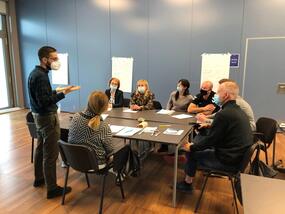 Can you like conflict? was a question that popped up many times during our Thursday session about conflict management and how to turn the negative into positive. Most people would label conflict as something to avoid at all costs - we say otherwise. Yes, conflict is intense and can be stressful, but we learned how to take exactly what we need out of confrontation. Confrontation gives you an insight into your conversation partner’s point of view, so learning how to control your emotions under irritation or anger is a great tool to become more empathetic. Equipped with all these tools, our participants are taking them home to introduce them to their own work environment. We’re sure that after staying with us this week, their job becomes less stressful and their students are happier! Ciao, hope to see you again! |
Welcome to the ELA Blog. Here you will find articles and photos of our courses and have a look at the topics addressed during the week in Bologna, Palermo and Tenerife. You will also have the chance to take a peek at our projects and check out what we have been up to.
Archives
July 2024
Categories |
-
Course catalogue
- 2023-2024 course catalogue
- Soft Skills >
- ICT and New Technologies >
- Inclusion and Diversity >
-
Innovative Teaching Methods
>
- Innovative teaching methods discovery
- Non-formal education teaching methods
- Dual education and work-based learning
- Teaching leadership and entrepreneurship
- Project based learning
- Game based learning and gamification
- Green skills
- Outdoor education
- Outdoor education trekking edition
- Promoting creativity and critical thinking
- Languages and EU projects >
- Preschool >
- Erasmus Plus KA1
- What we do
- About us
- Locations
- Blog
- Contact us
 English
English български
български Čeština
Čeština Español
Español Français
Français ελληνικά
ελληνικά Italiano
Italiano Polski
Polski Português
Português Română
Română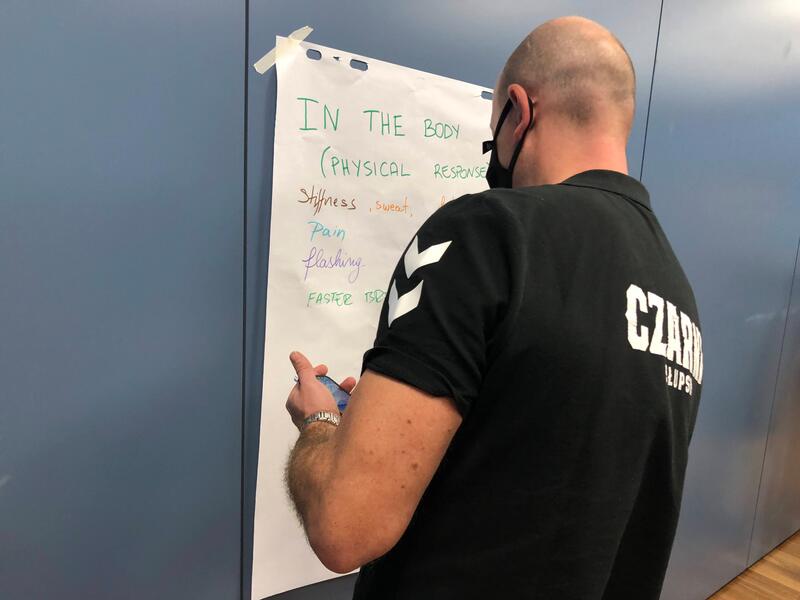
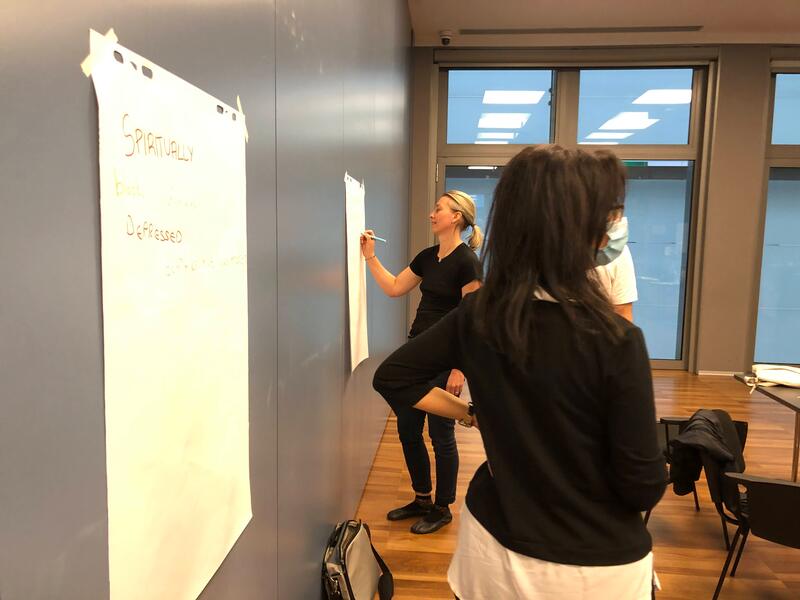
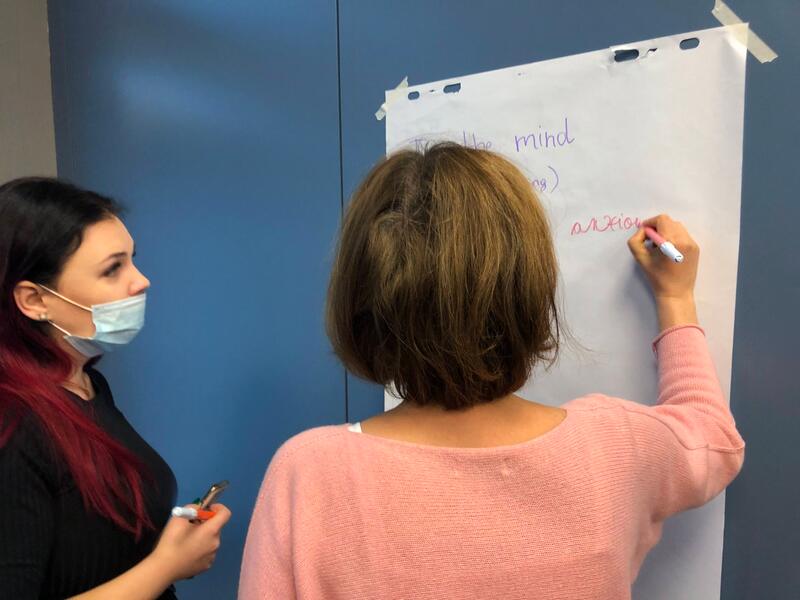
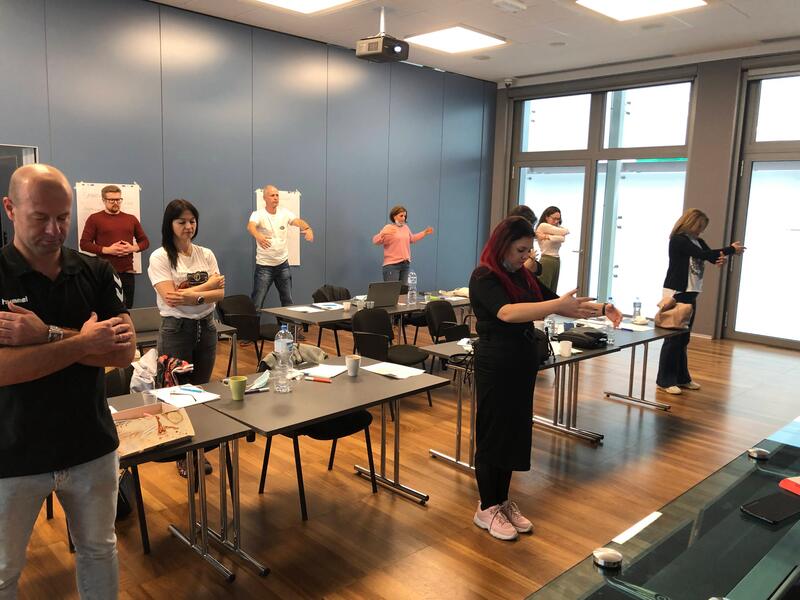
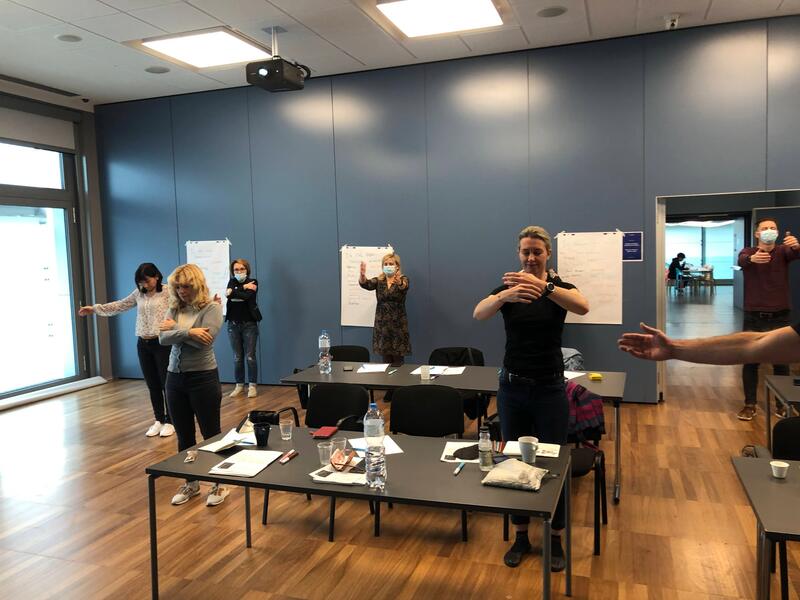
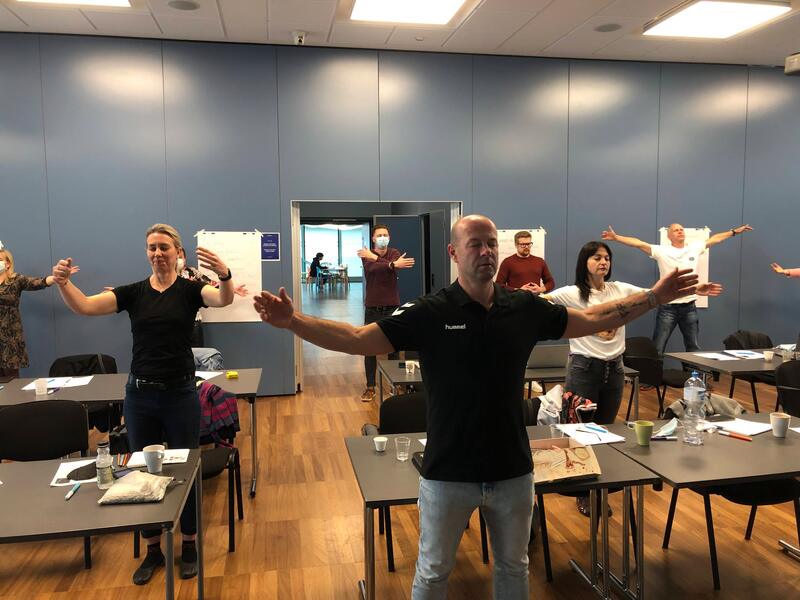
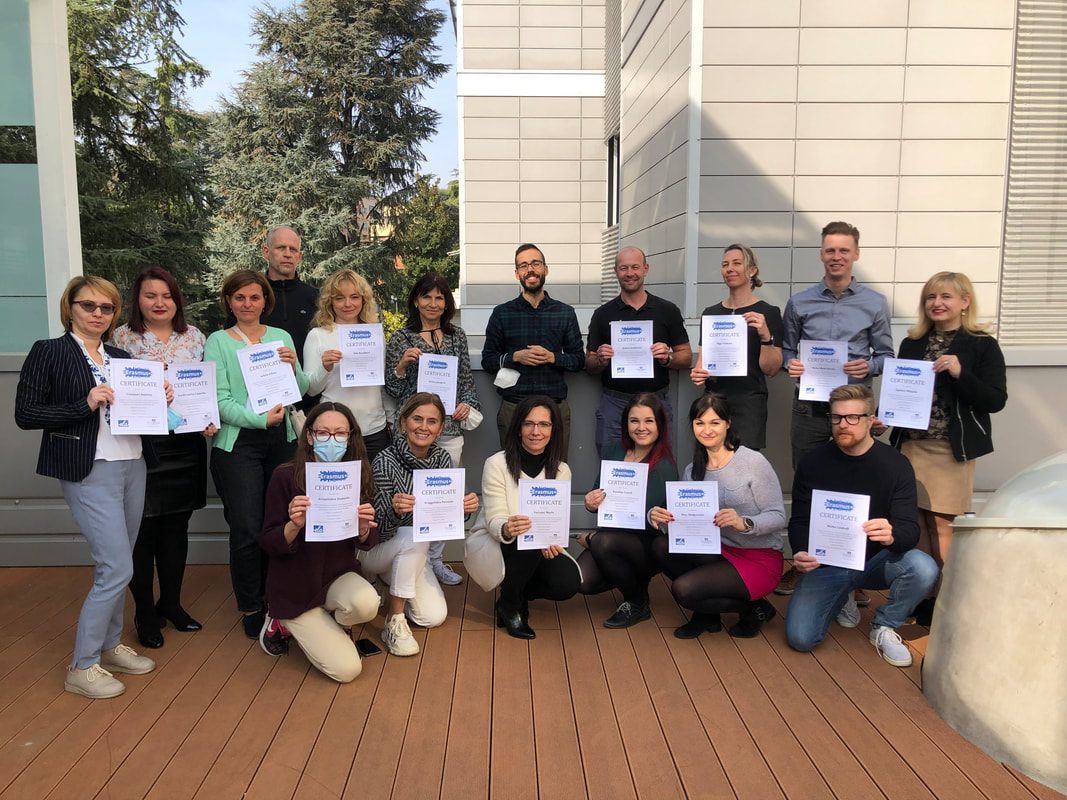
 RSS Feed
RSS Feed









